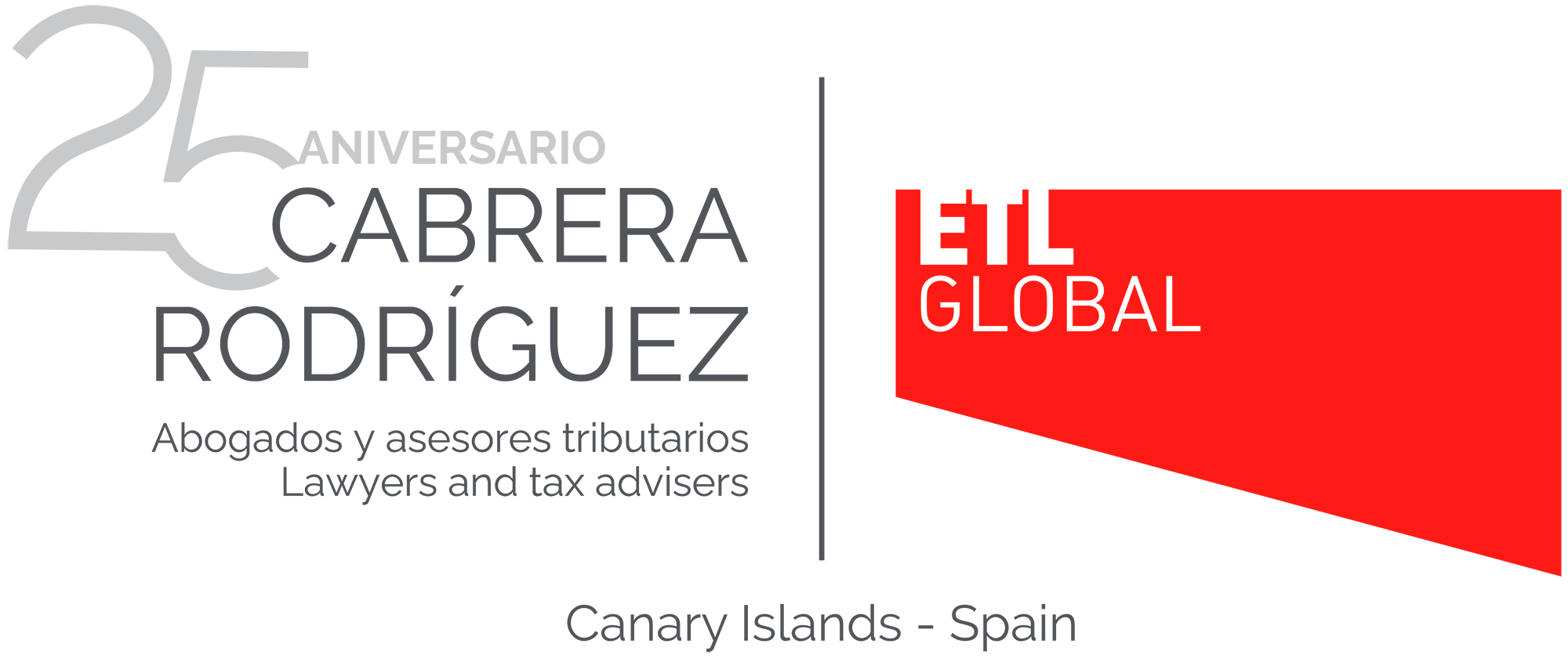Requests for information about the digital nomad visa in Spain are becoming more common every day. In recent years, remote work has become a common practice in a large number of companies in all kinds of sectors: IT, marketing, finance, real estate, etc. This new phenomenon is growing in intensity and generates a decentralization of workplaces. The direct consequence of this has given rise to a new worker profile: that of the digital nomads.
A digital nomad is a worker who works from a country other than the one where was hired or where the company works for is located. This condition is not exclusive to those who telework as an employee for any company in the aforementioned fields. Freelancers may also qualify as digital nomads if they meet certain location criteria with respect to the companies for which they carry out projects and assignments.
This status of digital nomads usually implies, by definition, that their stay in the third country in which they reside will be temporary. This is a relatively new development, as work is detached from a physical location. Faced with this new labor paradigm, different countries are adapting their legislation to welcome these digital nomads under their tax policies, in anticipation that this practice will become more common and frequent in the near future.
Due to its sociocultural and climatological particularities and the quality of life in the region, the Canary Islands have already become a particularly attractive destination for these digital nomads. It is estimated that there are already more than 80,000 people in this situation in the islands. However, there are many doubts about this: in which country do you pay taxes?, for how long can you enjoy this situation?. We will now address these questions, paying special attention to the Special Regime for posted workers.
What Tax Regime applies to Dislocated Workers?
Individuals who acquire their tax residence in Spain as a result of their move to Spanish territory may opt to pay non-resident income tax, while maintaining their status as taxpayers for personal income tax.
In order to make this request effective, it will be essential that such person has not resided in Spain during the 5 years prior to the displacement; that performs this activity exclusively in the form of telework; that has no income from Spain and that has moved the same year opts for the regime.
This Tax Regime allows the income from work of the relocated person to be taxed in Spain as follows:
- Up to 600,000 €: At a rate of 24%.
- More than 600.000 €: At a rate of 47%.
To benefit from this status, the digital nomad must have previously processed and obtained the digital nomad residence authorization. Once it has been granted, will have a total of 6 months to apply for the affiliation to this regime. You may be under this special regime for a maximum of 6 fiscal years. Once this period has elapsed, if you wish to continue residing in Spain, you will be taxed under the general Spanish tax regime.
Social Security and the digital nomads
Spain currently has a series of bilateral agreements and conventions relating to Social Security with various countries outside the European Union, which has already unified matters relating to this aspect for all its Member States. It is important to take this information into consideration, since, depending on the worker’s country of origin, different social security requirements will come into play. In this regard, the following scenarios may arise:
- Workers coming from countries with Social Security agreements: By proving their Social Security coverage in their country, the worker will not be obliged to register in the Spanish regime and may remain in that situation for a maximum of 5 years.
- Workers coming from countries without Social Security agreement: In these cases, workers are obliged to register in the national regime. In the case of a self-employed worker, must prove the ownership of the company and incorporate the pertinent authorizations for the performance of profession. In the case of an employee, the company must register as such with the Social Security and subsequently register the employee as a worker.
Requirements to apply for a digital nomad visa in Spain
The requirements to obtain the residence visa for teleworking, also called digital nomad visa in Spain, are relatively simple. In addition to the passport, a criminal record certificate will be requested, health insurance coverage, documentation proving economic resources, and the worker must provide information related to his activity. In this sense, the employment contract, a certificate of registration of the company and the qualification that accredits to carry out the stipulated work will be requested.
In relation to the employment contract and the company registration, certain conditions must be taken into account. The employee must have been with the company for at least 3 months and the company must have been in existence for more than one year and have the express authorization of the company to carry out the activity remotely.
In the case of self-employed workers, they will also be required to prove their affiliation to the Spanish Special Scheme for Self-Employed Workers (Régimen Especial de Trabajadores Autónomos de España).
Application procedure for digital nomad visas
The digital nomad visa in Spain can be obtained in two ways. One of them is through its processing from the worker’s country of origin, which is done through the Spanish Consulate in that country. The visa application must be sent to the Consulate, and within 10 days, a resolution should be obtained. This visa will allow residence in Spain for a period of one year, although it may later be extended to three years.
Another possibility is to apply for it personally once in Spain. To do so, the worker must arrive in the country as a tourist and, within a maximum of 90 days, apply for the authorization of residence for teleworking. If the person obtains this authorization, will be able to reside three years in Spain. If the case arises, the visa could be renewed for two more years and thus extend the status of digital nomad in Spain up to a total of five years.
Other relevant aspects of the residency visa for teleworking
Being a digital nomad affects many personal aspects, beyond those related to taxation and work. Quality of life is one of the main motivations for becoming a digital nomad. Moreover, a significant number of nomads are not only looking to improve their individual living conditions, but also those of their loved ones. In this sense, the visa for digital nomads not only enables the residence of the foreign worker, but also for the closest relatives.
Certain persons in the worker’s entourage may be authorized to reside in Spain as long as the visa holder can reliably demonstrate his or her relationship with them. The family members who may be included in this visa are: spouses, minor children, unemancipated children of legal age and dependent ascendants. In order to prove their relationship, the person may be required to demonstrate these ties through specific documentation and certificates.

